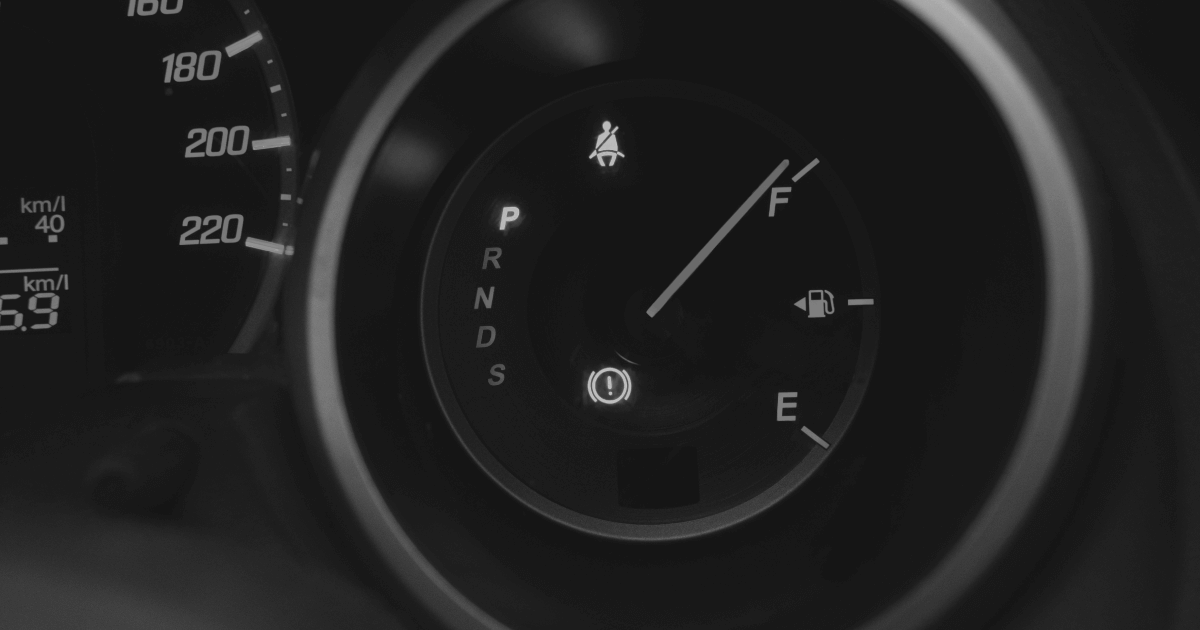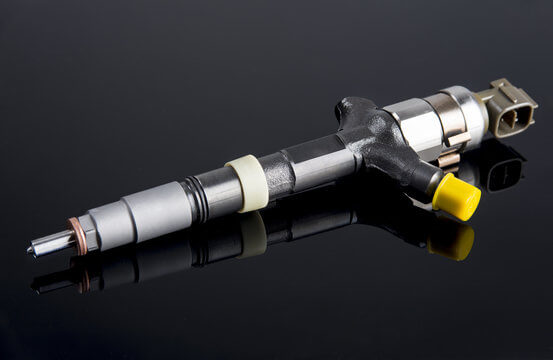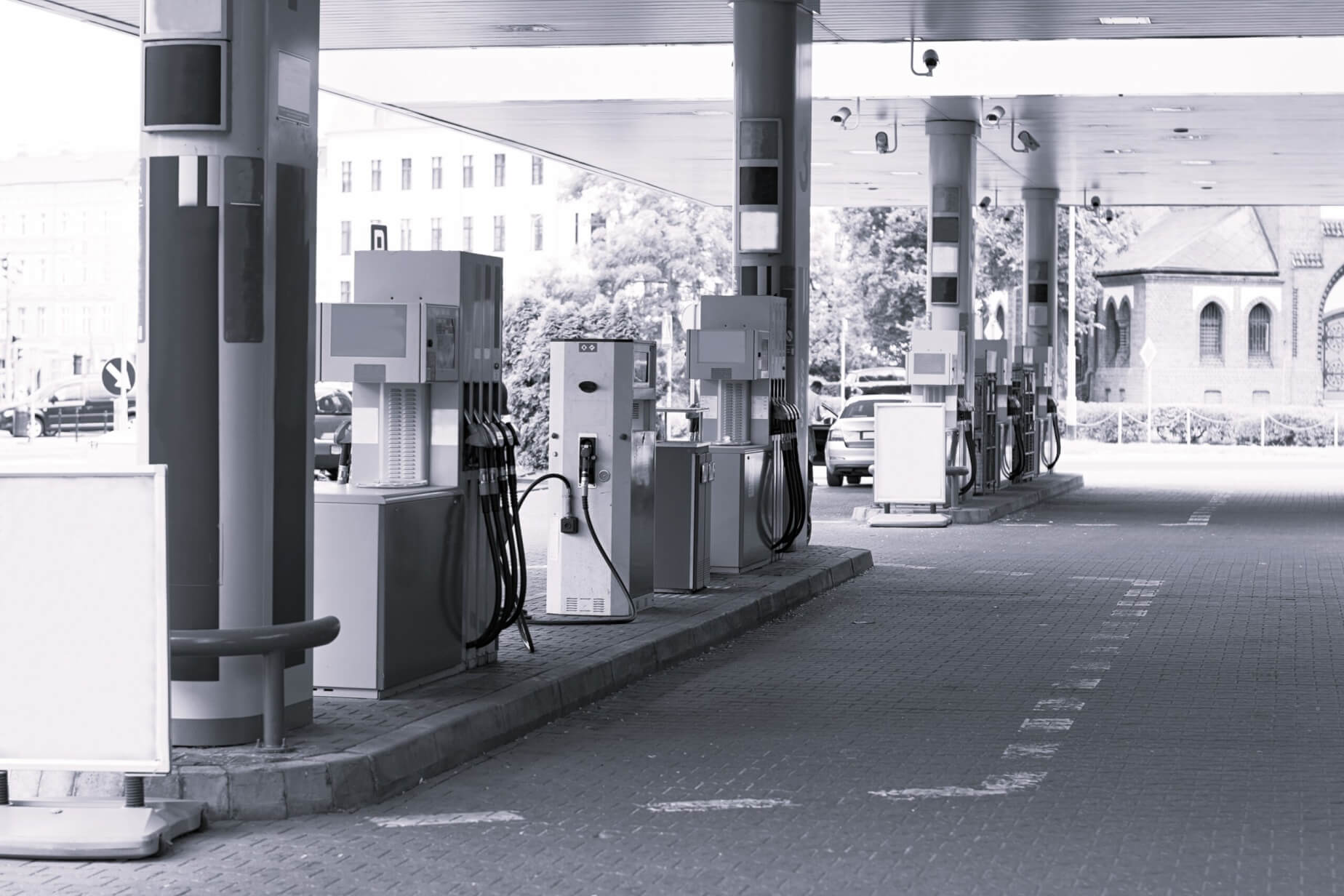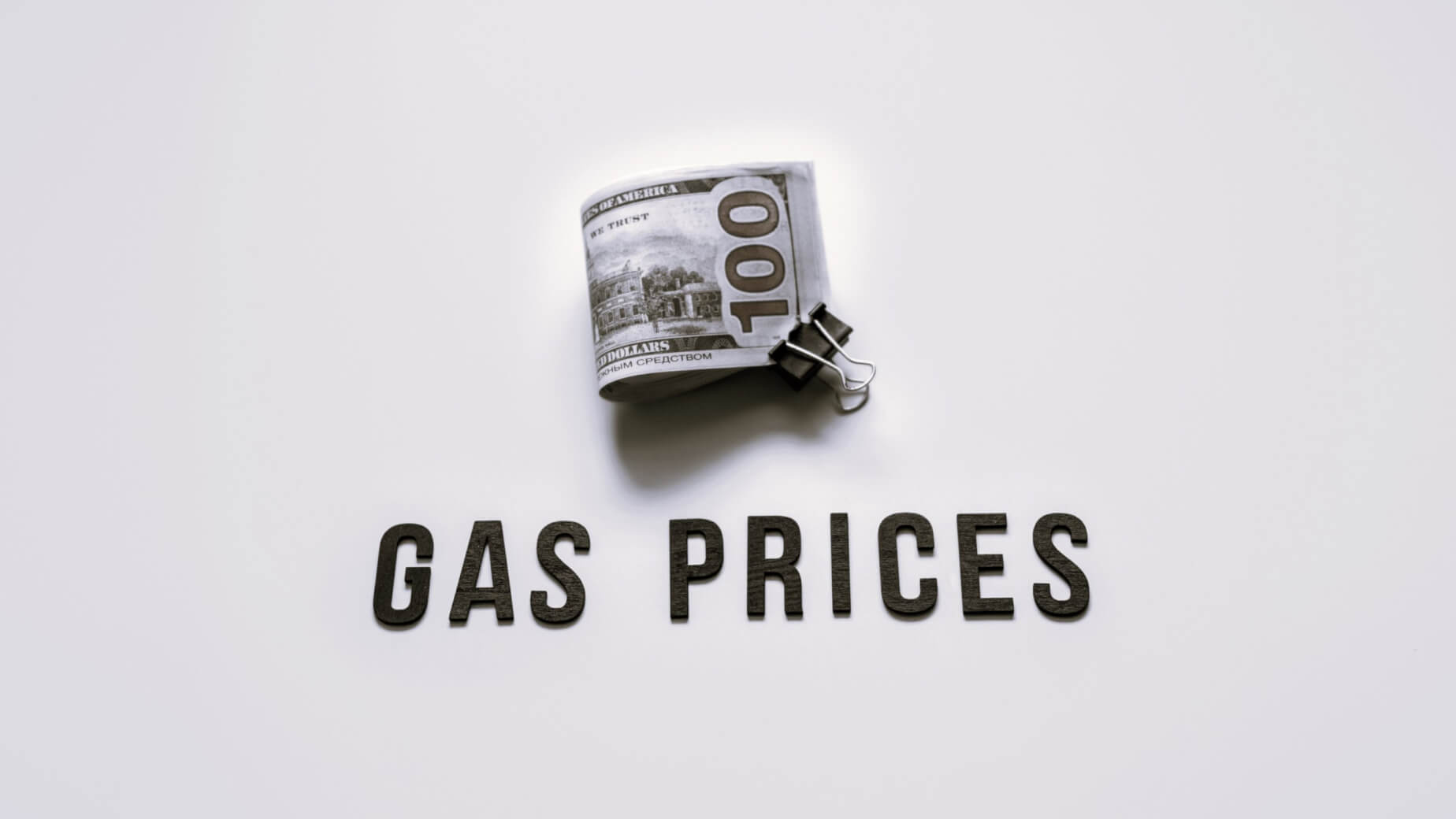Did you know that only 12% to 30% of the fuel energy in a conventional vehicle actually powers it? The rest is lost through drivetrain inefficiencies and powering accessories. You can reduce these losses by improving engine technologies, optimizing transmissions, using lighter materials, and driving carefully.
Everyone, from fleet managers to everyday drivers, faces the adverse impacts of poor fuel efficiency. Fuel inefficiencies burden their finances and harm the environment, as more fuel consumption means more emissions and, eventually, higher air pollution. Poor fuel efficiency can strain your budget by driving up fuel expenses and increasing overall operating costs.
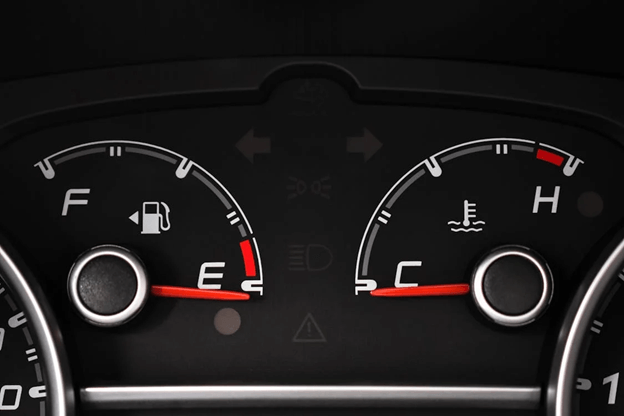
Let’s understand the financial and environmental impacts of poor fuel efficiency in detail. We will also explain the factors that cause low fuel economy in vehicles. Moreover, we will discuss how you can overcome these issues to achieve better mileage.
What is Fuel Efficiency?
Fuel efficiency and fuel economy are terms that always come up in meetings among fleet owners when they discuss strategies to make their business flourish. Even everyday drivers take these factors seriously and look for ways to improve their vehicle’s fuel efficiency. So, let’s understand what is fuel economy and how you can improve it.
Fuel efficiency (or fuel economy) refers to the effort required to convert the chemical energy from fuel into the kinetic energy your car needs to move. In the U.S., it is measured in miles per gallon (MPG), while countries using the metric system express fuel efficiency as kilometers per liter (km/L) or liters per 100 kilometers (L/100 km).
“ A higher MPG or lower L/100 km means the vehicle uses less fuel to travel a certain distance which indicates better efficiency. Fuel efficiency depends on several key factors, including vehicle type, driving habits, weather conditions, travel routes, type of loads, and vehicle maintenance.
The Financial Impact of Poor Fuel Efficiency
Poor fuel efficiency can significantly impact your finances. The financial impacts of poor fuel efficiency are:
● Direct Fuel Costs
If a vehicle is not fuel-efficient, it ends up consuming more fuel for the same distance that a fuel-efficient vehicle can cover with less fuel.
Let’s understand it with an example. Suppose you have a car that gets 20 miles per gallon, and you drive 15,000 miles a year with fuel costing $4 per gallon. The 20 MPG vehicle would consume 750 gallons, costing $3,000. On the other hand, a more fuel-efficient vehicle that gives 30 MPG would only use 500 gallons, costing $2,000. So, you will be spending $1,000 more for every 15,000 miles traveled. Moreover, when fuel prices rise, the gap in fuel costs between a fuel-efficient vehicle and a less efficient one becomes even larger.
● Maintenance Costs
Maintenance costs are another expense that can strain your wallet. A vehicle with poor fuel economy requires more maintenance. An inefficient vehicle experiences more wear and tear because the engine, transmission, and exhaust system work harder. As a result, the vehicle needs frequent repairs and replacements. Eventually, these additional repair bills add up, making it more expensive to keep your vehicle or fleet running.
● Opportunity Costs
Opportunity cost is the money you could have spent on something more valuable, but instead, you spent it on something less beneficial. In terms of poor fuel efficiency, the opportunity cost is the money spent on excessive fuel to compensate for inefficient fuel consumption by your vehicle.
“ This is wasted money because you could have used it for more productive purposes if your car had better fuel economy. For business owners, this loss can be even more impactful, as it could mean missing opportunities to invest in equipment or technology that could improve operations.
● Decreased Vehicle Lifespan
Inefficient driving puts extra stress on a vehicle, causing parts to wear out faster. Vehicles with poor fuel economy experience increased strain on the engine, which shortens their lifespan. With time, these vehicles also lose resale value as their engines fail to operate normally due to increased wear and tear.
The Ecological Impact of Poor Fuel Efficiency
Poor fuel efficiency also causes several environmental problems. Here are the adverse ecological impacts of poor fuel efficiency.
● Greenhouse Gas Emissions
When a car consumes more fuel than normal, it releases more carbon dioxide (CO2) into the air. As CO2 is the primary greenhouse gas, its excessive release harms the climate. It accumulates in the atmosphere, trapping heat and causing global temperatures to rise. This temperature increase leads to severe environmental impacts such as rising sea levels, extreme weather events, and habitat loss.
● Air Pollution
Vehicles are America’s largest source of air pollution, generating about 28% of total U.S. greenhouse gas emissions. Harmful gases like carbon monoxide, smog-forming pollutants, and toxins are released at street level, where people inhale them directly. Such air pollution affects public health by causing respiratory problems, asthma, heart disease, and even premature death due to prolonged exposure. It also damages ecosystems, harms wildlife, and affects plant growth.
● Strain on Natural Resources
Crude oil is a fossil fuel used to produce gasoline, diesel, and other fuels. These resources are finite and take millions of years to form. Excessive fuel consumption depletes these reserves and strains natural resources. As fuel demand rises, extraction methods become more invasive, causing habitat destruction, water pollution, and higher greenhouse gas emissions. This reliance on fossil fuels is unsustainable and negatively impacts ecosystems and resource availability.
● Government Penalties and Carbon Taxes
Governments are pushing for greener transportation with stricter regulations. Vehicles with poor fuel economy may face penalties as fuel efficiency becomes the standard. Under the Clean Air Act, new engines sold in the U.S. must meet EPA emissions standards. Noncompliant vehicles can face civil penalties of up to $45,268 per vehicle or engine.
How to Improve Fuel Efficiency
Let’s learn important tips to help you improve fuel efficiency.
1. Vehicle Choice
The first and foremost factor that ensures good fuel economy is selecting the right vehicle. Choosing a fuel-efficient vehicle reduces the need to worry about other fuel-saving measures. When buying a car, consider its engine size, transmission type, and fuel economy ratings. You can also opt for fuel-efficient alternatives like hybrid or electric vehicles, which provide better mileage and lower emissions.
2. Driving Habits
Avoid harsh accelerations, prolonged idling, and sudden braking to conserve fuel. Many modern vehicles feature stop-start technology that turns off the engine when the car stops and restarts it when you accelerate again. Carpooling or using public transportation can also lower fuel costs and reduce CO₂ emissions by decreasing the number of cars on the road.
3. Vehicle Maintenance
Regular vehicle maintenance is essential for better fuel efficiency. Vehicle engines contain moving parts that create friction when they operate to produce energy. These parts require proper lubrication to function at their best, so you must lubricate them by changing the oil on time. Moreover, ensure standard tire pressure, change air filters, and check other components to optimize fleet fuel efficiency.
4. Lighten Your Load
A lightweight vehicle consumes less fuel. If your car’s trunk or passenger seats are filled with unnecessary items, it’s best to remove them. Just 100 extra pounds in your car can reduce its mileage by 1% to 2%. Items like roof racks, roof boxes, bull bars, or extended wing mirrors increase drag and affect your vehicle’s aerodynamics. So, it’s better to remove them when not in use.
5. Plan Trips Efficiently
You must plan your routes carefully to improve fuel efficiency. Plan your commute to avoid peak traffic and reduce travel time. You can take assistance from Google Maps to identify the most fuel-efficient paths to your destination. Combine errands and group multiple stops into a single trip to avoid unnecessary driving. We cannot also deny the countless benefits of using a fuel estimator in a fleet business. So, you must use fuel calculators to calculate how much fuel you would need to complete a particular trip.
Key Takeaways
Poor fuel efficiency drains your budget and harms the planet. We have discussed the drastic ecological impacts of poor fuel efficiency, including harmful emissions and air pollution that damage the environment. You can make your vehicles fuel efficient and reduce your environmental impact by making smarter choices.
We hope you’ll follow the important tips we have explained to improve your fuel efficiency. Small changes like regular maintenance, safe driving, and choosing efficient fuel sources can make a big difference. So, take action today to protect your wallet and the environment.
Nationwide Fuel Delivery right on schedule
Fuel Logic keeps your fleet moving with 24/7 Fuel Delivery — reach us anytime for on-site fueling.
FAQs
What is the secret to fuel efficiency?
There is no hidden secret to fuel efficiency, but a few important factors can help you achieve better fuel economy.
- Maintain your vehicle regularly.
- Drive smoothly and avoid speeding.
- Minimize idle time.
- Plan routes wisely.
- Reduce excess vehicle weight.
What are the cons of fuel efficiency?
Fuel efficiency offers many benefits, but buying and maintaining fuel-efficient vehicles can be challenging. These vehicles, especially hybrids and electric cars, tend to be more expensive due to advanced technology. They also require more care and investment because the advanced technology used in them demands higher maintenance costs. Above all, fuel-efficient models are limited in larger vehicle categories like trucks and SUVs.
What is considered bad fuel efficiency?
Bad fuel efficiency means your vehicle consumes more fuel than expected for the distance it travels. For example, suppose your vehicle used to average 20 miles per gallon, but over time its mileage drops below this or falls short of the manufacturer’s rating. In that case, it’s considered poor fuel efficiency. In general, a delivery truck in the U.S. averages about 6.8 miles per gallon of gasoline. If its fuel efficiency drops below this average, there could be an issue that needs to be addressed.
What is the fuel-saving trick?
A simple fuel-saving trick is to drive at a steady speed and avoid quick starts and stops. Maintaining your vehicle well, like checking tire pressure and changing air filters, can improve fuel efficiency. Reducing extra weight in your car and using air conditioning less can also save fuel.
What has the biggest impact on fuel efficiency?
Poor driving habits, like speeding, rapid acceleration, and hard braking, have the biggest impact on fuel efficiency. These behaviors waste fuel and reduce your vehicle’s mileage. Other than this, the type of vehicle you drive also matters, as smaller cars generally use less fuel than larger ones.
Curious how much fuel you can save with us?
Check out your potential fuel savings:
Optimize Your Fuel Use with Fuel Logic’s Fuel Saving Calculator
Are you looking for a way to estimate and analyze your fuel costs more effectively? Fuel Logic has the right tool for you.
Fuel Logic’s fuel-saving calculator provides accurate figures on how much you can save when you order fuel from a delivery agent.
Fuel Logic is a fuel delivery agency that offers immediate services anywhere in the U.S. We provide high-quality diesel, gasoline, DEF and off-road diesel directly to your business site. Whether you manage a fleet, operate a farm, or use heavy machinery, we’re here to make fuel delivery simple and efficient.
Just give us a call to place your order, or visit our FAQ section to get answers to your common queries.
Nationwide Fuel Delivery right on schedule
Fuel Logic keeps your fleet moving with 24/7 Fuel Delivery — reach us anytime for on-site fueling.

